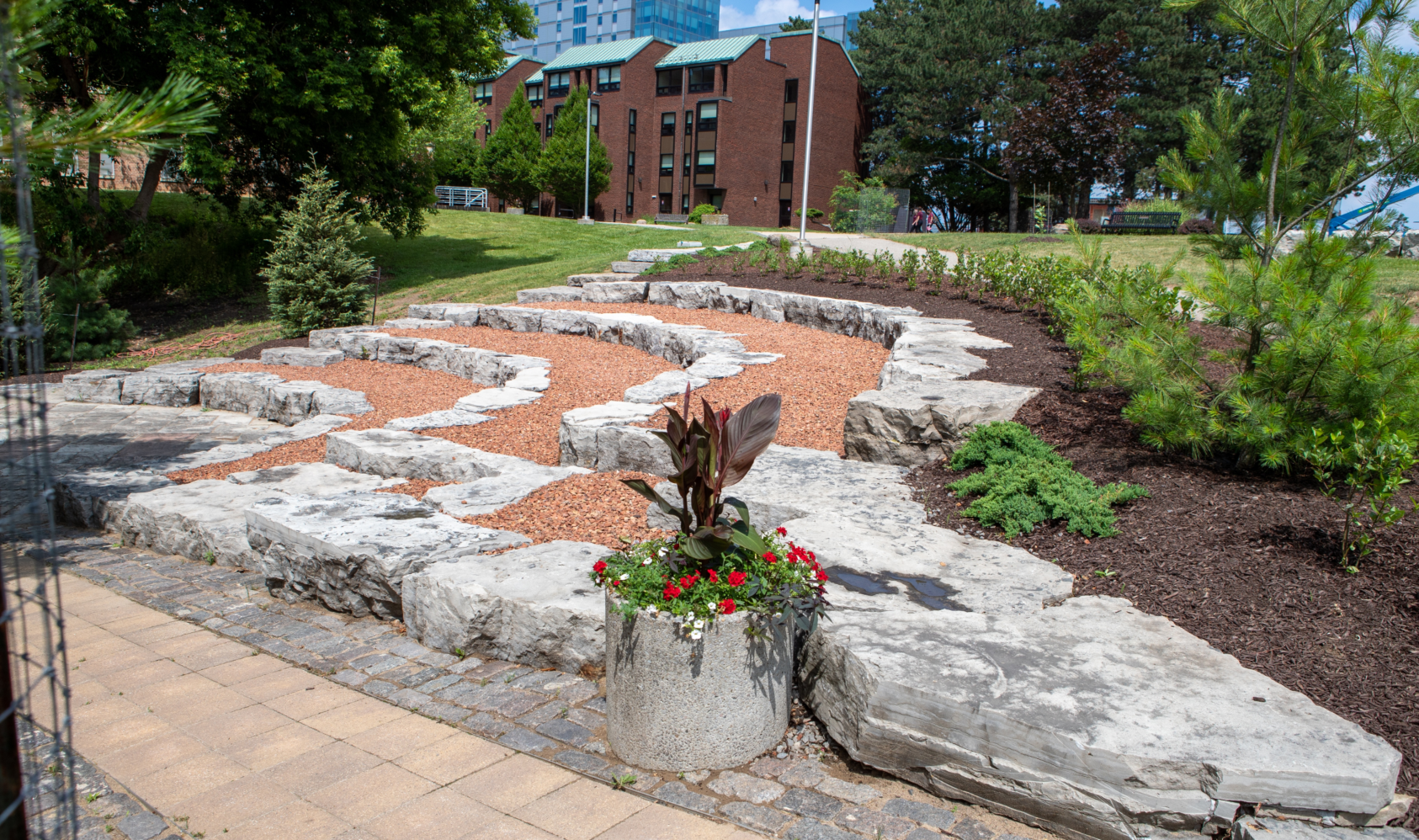McMaster launches communications committee to advance Truth and Reconciliation year-round

The newly formed Truth and Reconciliation Communications Standing Committee is now inviting McMaster staff, faculty and students to apply to serve as committee members.
A new committee is bringing together Indigenous and non-Indigenous members of the McMaster community to consider ways of advancing Truth and Reconciliation through communications activities year-round, and in a thoughtful and coordinated way.
Approved by the Joint Indigenous-Administrative Consultation Group (JIACG) and the Indigenous Education Council (IEC), the newly formed Truth and Reconciliation Communications Standing Committee is now inviting McMaster staff, faculty and students to apply to serve as committee members.
“Reconciliation goes beyond National Day for Truth and Reconciliation — it’s something we need to strive for throughout the year,” says Robert Innes, chair of the Indigenous Studies department and co-chair of the new communications committee.
“This committee is recognition of the need for Indigenous and non-Indigenous communities to work together to continuously advance learning and understanding in this important area.”
The focus of the committee will be to consider opportunities for non-Indigenous campus community members to educate themselves about Indigenous histories and cultures. It will work to identify content that shares the stories and experiences of Indigenous people, co-develop communications campaigns around the National Day for Truth and Reciliation and Indigenous History Month, and support the planning of campus-wide events that advance Truth and Reconciliation.
The committee will also serve as a resource to non-Indigenous groups across campus who are seeking guidance in planning events or developing public programming to advance Truth and Reconciliation.
The work of the committee will be guided by Indigenous Strategic Directions, developed by Indigenous faculty, staff and students at McMaster, and the Truth & Reconciliation Commission of Canada’s Calls to Actions.
“Truth and Reconciliation begins with education,” says Susan Tighe, provost and vice-president (Academic).
“By supporting sustained and thoughtful engagement with everyone on our campus, this committee will uphold McMaster’s deep commitment to fostering a culture of inclusivity, respect and continuous learning.”
That meaningful commitment to supporting and advancing Truth and Reconciliation is especially important for students, says Chrissy Doolittle, director of Indigenous Student Services.
“These efforts foster healing, understanding, and meaningful change, contributing to an equitable, respectful, and supportive environment for our Indigenous learners,” Doolittle says.

